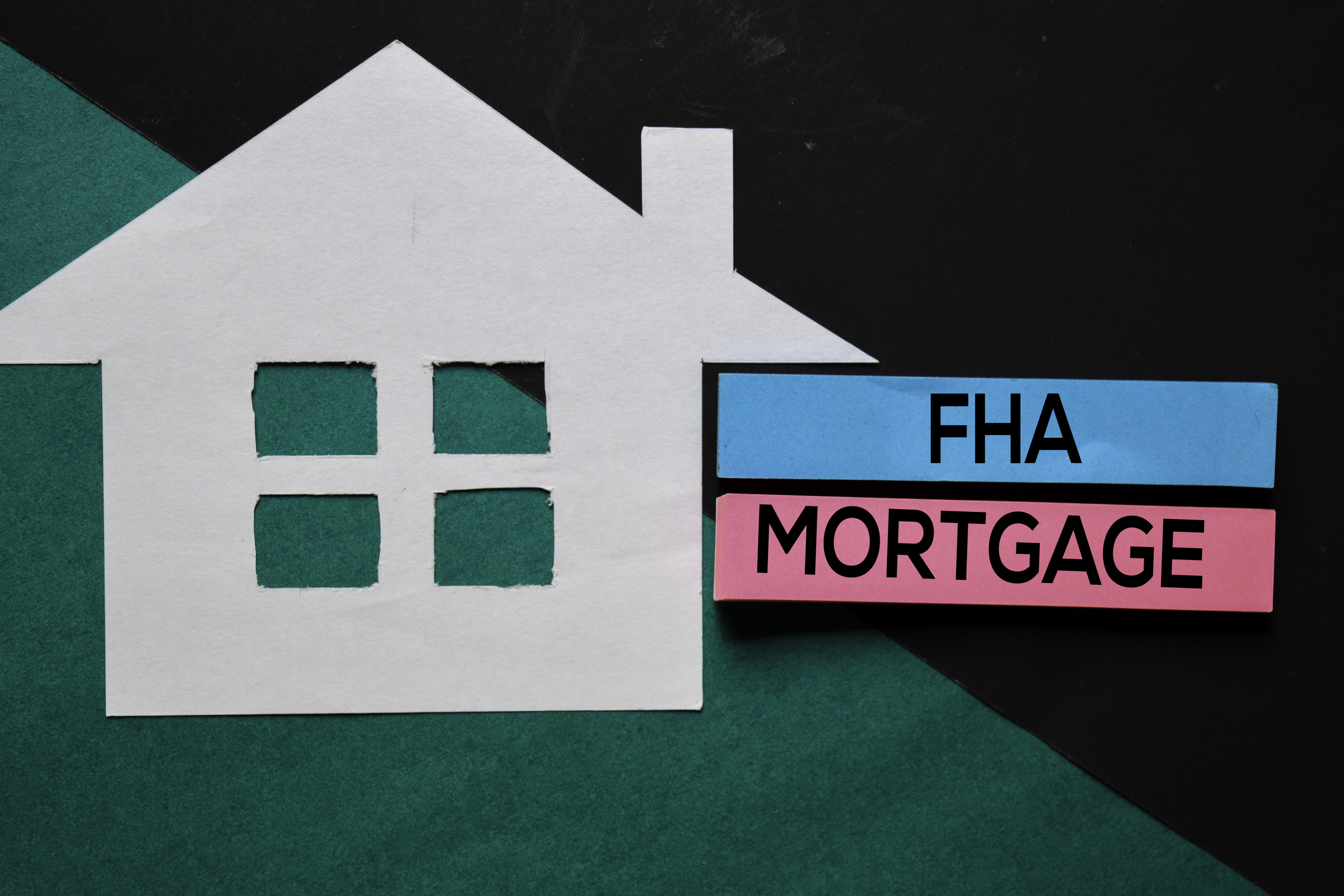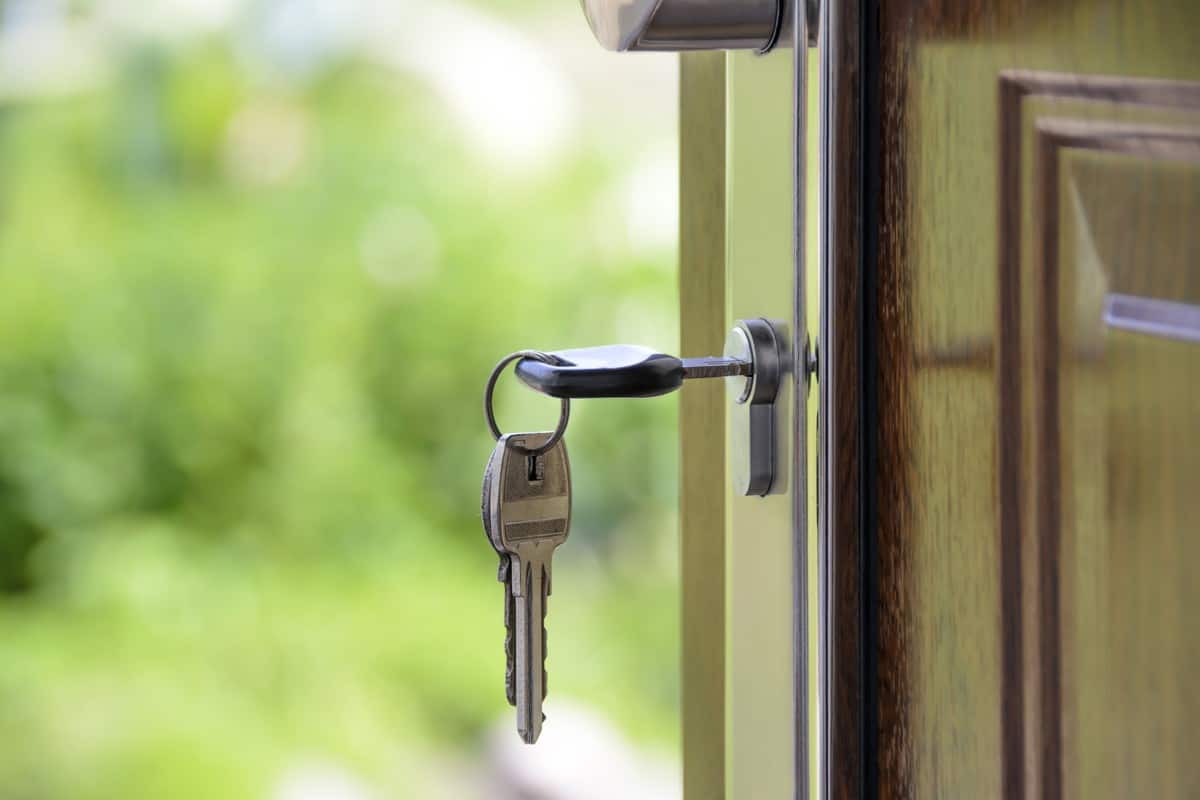So, one of your 2020 goals is to join the club of homeownership. While buying real estate is an exciting and big life move, it is also a little scary. Homeownership certainly has some risks.
The first big risk is finding just the right kind of mortgage to make your home purchase. With so many mortgage options, how do you know what is best?
Should you go to your bank or credit union or use a mortgage broker? Should you get a conventional mortgage or VA or FHA home loan? Are there FHA or VA loan limits if you qualify for this type of loan?
These are all important questions to understand as you move forward with your goal of homeownership. Read on to learn about conventional, VA, and FHA loans and their limits.
Conventional Loans
VA and FHA loans have some perks, not everyone qualifies for them. If that’s the case, you would need a conventional mortgage loan.
A conventional loan is one you would get from a bank, credit union or other private lending institution. Unlike, VA and FHA are not government-sponsored loans.
Eligibility
Eligibility for a conventional loan will depend on the loan giver’s criteria. You would need to complete a loan application through this lending institution.
When considering your eligibility for a loan, they will consider many factors. These factors include:
- Credit score
- Credit history
- Employment and earnings
- Down payment available
They will also look closely at the property you are purchasing to decide if it’s worth what you are paying.
Loan Features
When house hunting, it is also worth doing your due diligence in shopping for the best mortgage. In conventional loans, they are not all the same. This is where some home buyers will choose to use a mortgage broker. Your realtor may even be able to recommend a broker. This person acts on your behalf to find the best type of loan for you.
Most conventional loans come in three forms:
- 30 year fixed loan
- 15 year fixed loan
- Adjustable-rate loan
Each of these loan types has advantages and disadvantages.
A longer-term mortgage means you pay less in a monthly payment but pay more interest and it takes longer to pay off the house. For many, this option is best because it yields the lowest monthly payment.
If you can afford a shorter-term mortgage, like a 15-year loan, then this gets your house paid off sooner. An adjustable-rate means you are playing the odds that at some point you can get a better loan rate. They start out fixed, then after a period of time, the rate can adjust, either up or down depending on the housing market.
2020 Limits
In a conventional loan, the limits will come from you qualify for as a buyer. Your income, credit score, and credit history have to line up with the amount of loan you want to get. It isn’t in the best interest of the bank to want to give you a loan that you can’t afford to pay back.
A conforming mortgage, which is also a type of conventional mortgage, must meet the limits put forth by Fannie Mae and Freddie Mac. For conforming mortgages, the Federal Housing Finance Agency sets limits. In most places in the U.S., the FHFA has raised the 2020 conforming limit to $510,400. This mortgage limit amount is up from the 2019 limit of $26,650.
FHA Loans
An FHA mortgage is a type of loan that is backed by the government, the Federal Housing Administration. An FHA loan is often desirable for first-time homebuyers because it requires a smaller down payment than a conventional mortgage.
While the government is the one backing the loan, they are not the ones issuing the loan. An FHA loan will come from an FHA approved lender. These lenders must abide by the rules put in place by the FHA for this type of loan.
It doesn’t matter whether you are buying in a higher-cost area, a median-priced home or even a low-cost area. If you meet certain eligibility standards, you can apply for an FHA loan.
Eligibility
FHA loans are often desirable because it allows people who don’t have perfect credit, a big down payment or a strong credit history to still buy a house.
Here’s what you need to be eligible for an FHA loan:
- With 10% down, a credit score between 500 and 579, a credit score of 580 and higher need 3.5% down payment.
- 2 years of employment that can be verified.
- Verifiable income
- A waiting period of 12 to 24 months for bankruptcy and 3 years for a foreclosure.
- Property is appraised by an FHA-approved appraiser and meets HUD property guidelines.
Your lender will look at your debt ratio with just your mortgage and your mortgage with all other bills to also consider eligibility.
Loan Features
Any loan that has less than 20% down payment must have insurance on the mortgage. One of the unique features of an FHA loan is the requirement of two types of insurance on the loan.
The first is that the buyer must pay at the time of getting the loan a 1.75% insurance premium based on the amount of the loan. The good news is that this amount can be included as part of the loan amount.
The second type is the annual insurance loan premium. This amount is based on two factors: the length of the loan and the initial loan-to-value ratio. The percentage will be between 0.45 percent to 1.05 percent and is calculated with those two factors. The amount is divided by 12 so it can be paid monthly.
2020 Limits
The good news for potential buyers hoping to get an FHA loan is that the Federal Housing Administration has increased the loan limits for an FHA loan in nearly every county across the country.
In 2019, the loan limit was $314,827. In 2020, that limit has increased to $331,760. This is an increase of almost $17,000 for counties all across the country.
A conforming loan (a type of conventional loan through Fannie Mae or Freddie Mac) limit is $510,400. The FHA limit is set at 65% of the conforming loan limit.
There are 70 counties across the U.S. that are considered “high-cost areas.” These are counties where home prices are significantly higher than in other places in the country.
If you live in one of these counties, the FHA understands the costs of living there is much higher. The limit for 2020 for a “high-cost” county is $765,600. This higher limit is an increase of almost $40,000 from the 2019 limit.
VA Loans
If you are a veteran from the United States military, you might consider a VA (Veteran’s Affairs) loan. It might be the key for you to step into homeownership. While a VA loan can involve a few more hoops to jump through to get, it might be worth it for you to consider if you are a veteran.
A VA loan is a type of loan you get from a private lender. However, it is backed by the Department of Veterans Affairs. There are some real financial advantages of VA loan over an FHA loan to consider.
Eligibility
A VA loan obviously has some connection to military service. This can come in a variety of forms. So, who is eligible for a VA loan? If you meet one or more of these criteria, you can be eligible:
- If you are a member of the regular military, veteran, reservists, and National Guard
- Spouses of deceased or disabled veterans
- Served at 6 months of active duty
- Wartime service of 90 consecutive days of service
- More than a half year of non-wartime service
If you are a reservist or National Guard member, six years of active service qualifies you for a VA loan.
VA loans must also be for primary residences and not vacation homes or second properties.
Loan Features
Remember, that VA loans are still private loans that are backed by the VA. So, you must still meet the criteria of the private lender in regards to credit score, credit history, income verification, and debt to income ratio.
The real advantage of a VA loan compared to an FHA loan is that the borrower is not required to pay private mortgage insurance. Not having to pay PMI can save in monthly payments. It can also save the borrower thousands over the course of the loan.
Getting a low-income FHA loan requires those two types of insurance payments. This is money saved when you get a VA loan instead. There is, however, a one time fee attached to VA loans.
2020 Limits
2020 has brought about some real changes for VA loans, some good and some not as good.
First, the VA has, in most cases, removed the limits on a VA loan. This gives military personnel and veterans more buying power in the housing market, especially in high-cost areas.
2020 limits of $510,400 will remain in place for any eligible member who already has a VA loan of any type or has previously defaulted on a VA loan. This limit is the same set by the FHFA for conforming loans.
While the loan limit is lifted for most VA loans, a positive, the one fee associated with this loan is increasing. This fee varies depending on your circumstances.
If you are a first time VA loan buyer with no money down, you will pay a fee of 2.3% of the loan amount. This rate is up from 2.19% in 2019. This fee can be paid upfront or looped into the loan amount in most cases.
Understanding FHA and VA Loan Limits for 2020
Beyond finding the perfect house, there is much to consider when getting a mortgage for your home purchase. There are some real advantages to FHA and VA loans if you qualify.
The increase in FHA loan limits and the VA loan limits removal makes them pretty desirable loan options.



